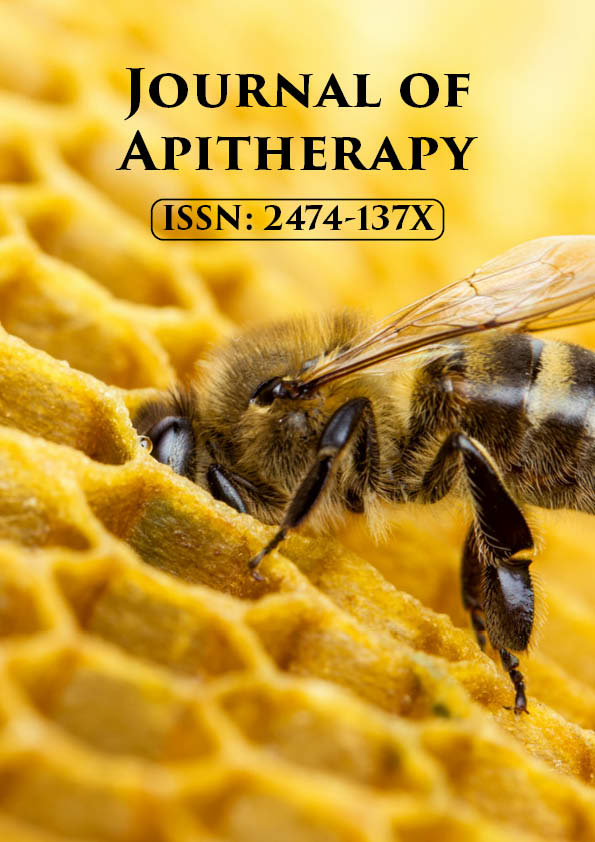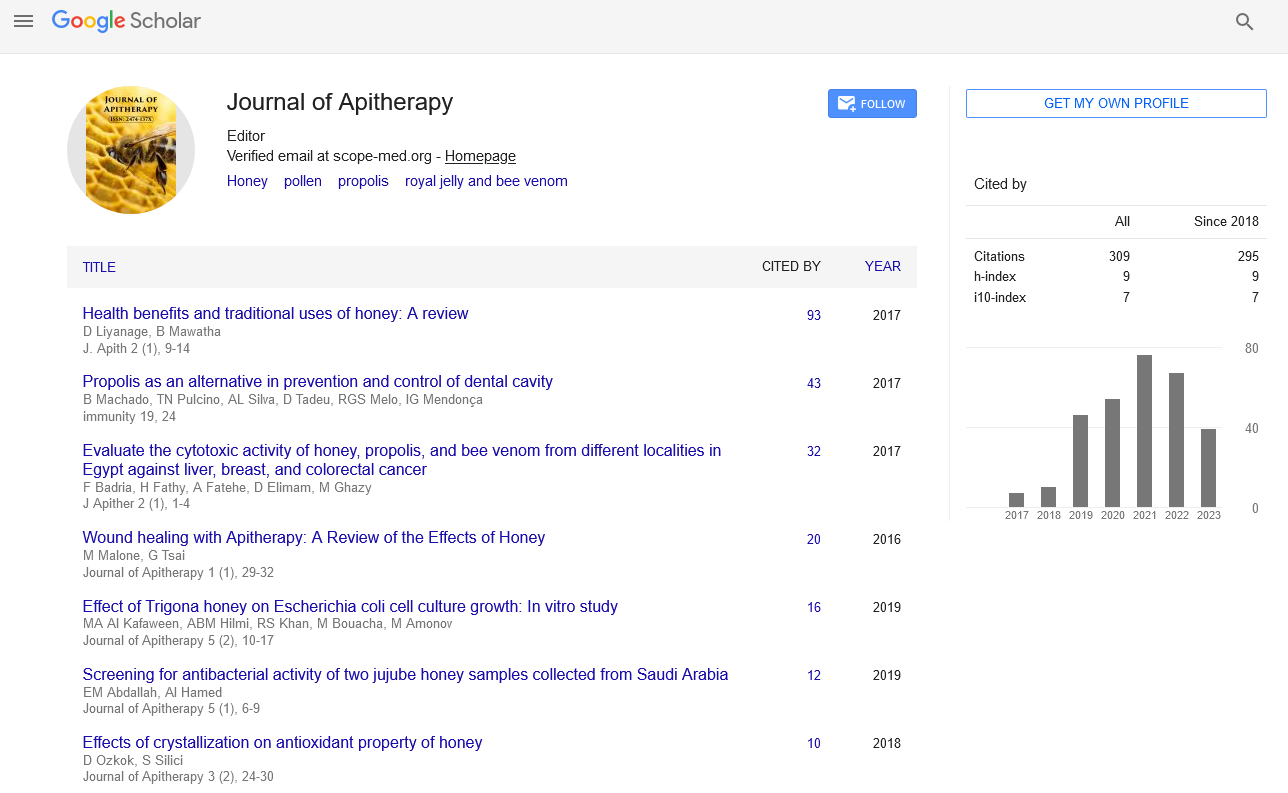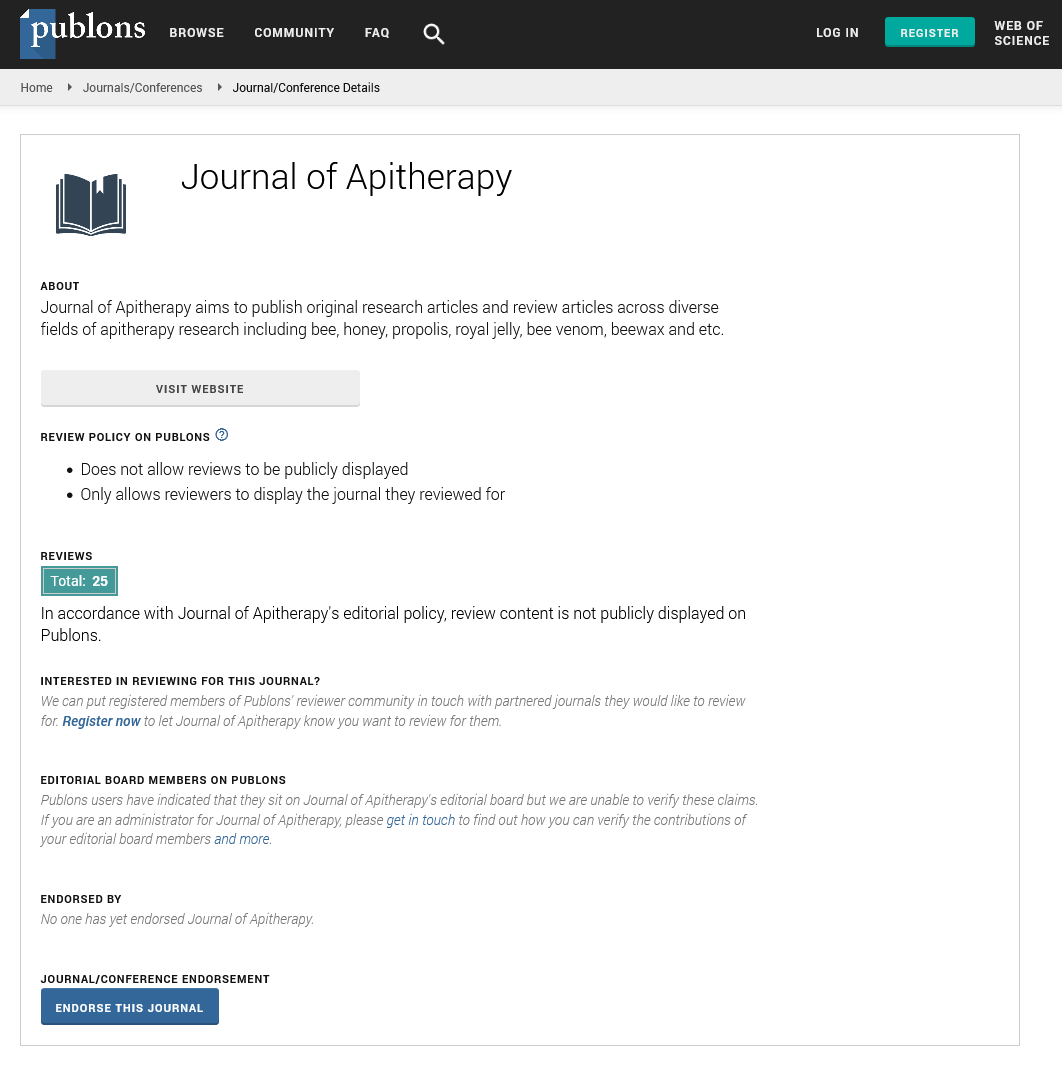Caffeic acid phenethyl ester (CAPE) suppresses systemic inflammation in rat trauma model
Abstract
Ihsan Karaboga
Aim: This study was conducted to explain the anti-inflammatory activity of caffeic acid phenethyl ester (CAPE) in an experimental rat thoracic trauma model.Materials and Methods: Forty adult (200–250 g) male Wistar albino rats were used. Rats were randomly divided into four groups: Control (n = 10), trauma model (n = 10), trauma model + CAPE (n = 10), and CAPE (n = 10) groups, respectively. CAPE treatment was administered intraperitoneally at a dose of 10 μmol/kg for 7 days. At the end of the seventh day, the rats were sacrificed under anesthesia. Serum interleukin 1-beta (IL-1β), IL-6, and IL-10 cytokine levels were determined as picogram per milliliter using the sandwich enzyme-linked immunosorbent assay method.Results: In the trauma model, there were an increased IL-1β and IL-6 serum levels and decreased pro-inflammatory IL-10 serum levels compared to the control group (p < 0.05). CAPE treatment resulted in a decrease in IL-1β and IL-6 levels and an increase in IL-10 levels (p < 0.05).Conclusion: CAPE administration suppresses systemic inflammation in the thoracic trauma model by reducing the expression of pro-inflammatory cytokines IL-1β and IL-6 and increasing the expression of anti-inflammatory IL-10.
PDF






